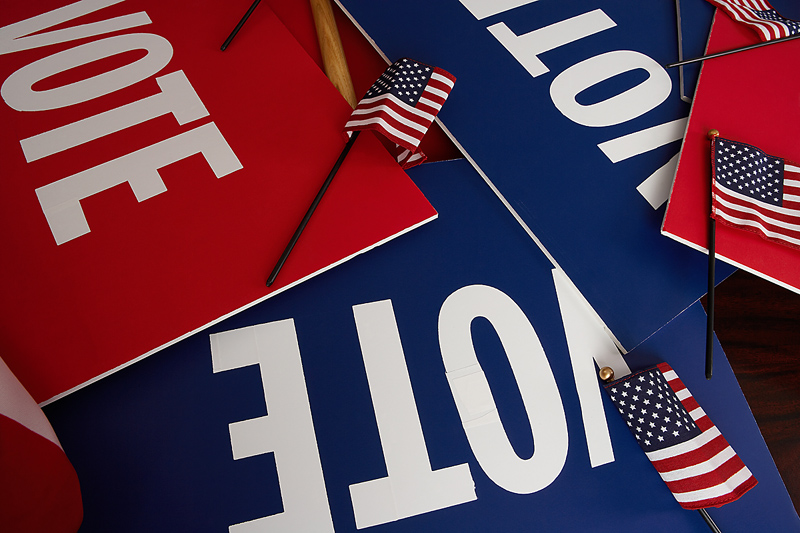With Election Day looming, Democrats accounted for 44 percent of returned ballots compared to 29 percent for Republicans and 24 percent for independents, according to AP Elections Research Group. The Democratic advantage carried over in both congressional districts.
Conventional wisdom suggests the early balloting advantage will give Democrats a boost, but that will be known only after the votes are tallied.
“It’s in a close race where you have to believe get-out-the-vote efforts make a difference,” said Sandy Maisel, a political science professor at Colby College.
Thursday was the last day that people could request absentee ballots without a special reason. The absentee ballots will be tallied on Election Day.
Overall, Secretary of State Matthew Dunlap is predicting a high turnout with up to 65 percent of the voting age population casting ballots.
The race for a successor to Republican Gov. Paul LePage features Democratic Attorney General Jane Mills, Republican businessman Shawn Moody and independent Terry Hayes.
Ranked-choice voting will be used for the first time in federal races: Democratic Rep. Chellie Pingree is battling independent state lawmaker Marty Grohman and Republican Mark Holbrook; Republican Rep. Bruce Poliquin is facing Democratic state lawmaker Jared Golden and two independents; and independent Sen. Angus King is being challenged by Republican Eric Brakey and Democrat Zak Ringelstein.
When it comes to absentee ballots, Democrats outnumber Republicans in Maine, so they have a natural edge. But Republicans were neck-and-neck with Democrats when LePage was re-elected in 2014. That has taken a dramatic swing four years later.
As of the end of Thursday, Democrats were leading 39,759 to 23,336 in the 1st Congressional District and 22,031 to 17,071 in the 2nd Congressional District. Furthermore, a Democratic analysis suggests more than 40,000 people who didn’t vote in 2014 requested absentee ballots, with a more than 2-to-1 Democratic advantage over Republicans.
Maine Democratic Party Chairman Phil Bartlett said his candidates tend to do better when there’s a high turnout, so the early indicators are good. “We don’t take anything for granted,” Bartlett said. “We have to turn out every vote possible between now and Tuesday.”
Former Republican Party Chairman Rick Bennett acknowledged Democrats angered over President Donald Trump’s election are energized, both in fundraising and enthusiasm.
But he said that doesn’t necessarily point to a blue wave, and he suggested the party’s hatred for the president could end up backfiring. “I think it’s turning a lot of people off. I think they’ve gone too far in their hostility,” he said.
Matt Gagnon from the conservative Maine Heritage Policy Center said the absentee ballot numbers are less important if voters party cross lines.
In the gubernatorial race, for example, Moody is less combative than his Republican predecessor and lives in Cumberland County, the heart of the liberal 1st Congressional District, broadening his appeal, he said. Mills also has the potential cross-over appeal, he said.
“It’s completely and totally unpredictable. Anyone who says they know the outcome is lying or has an agenda, Gagnon said.






